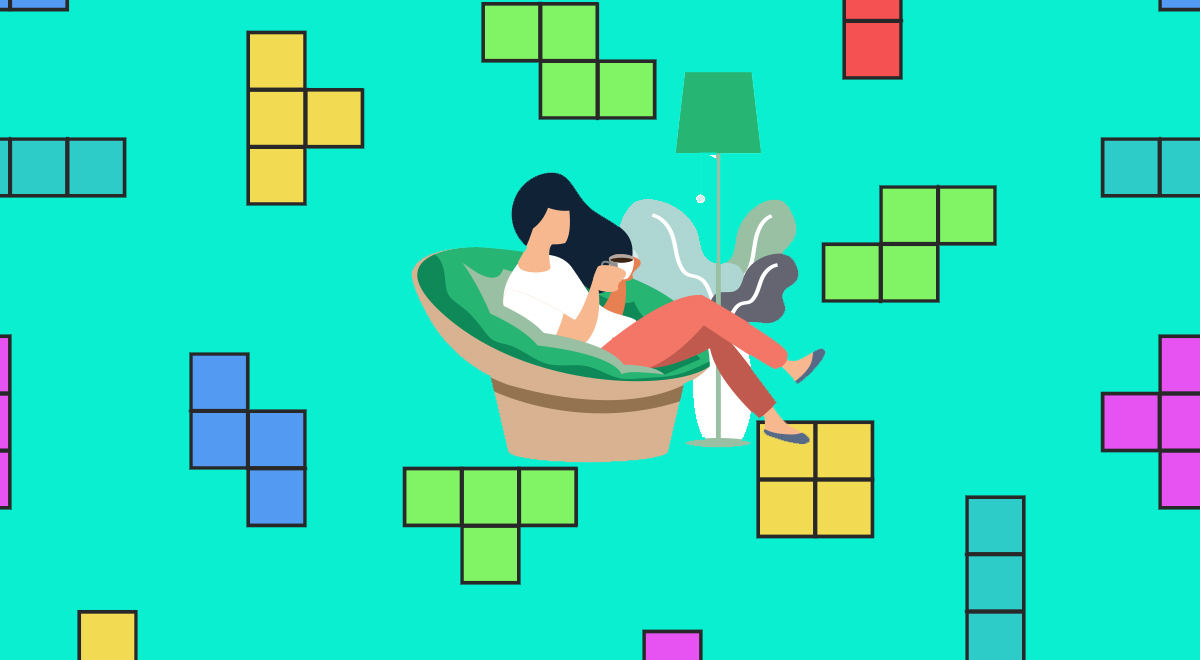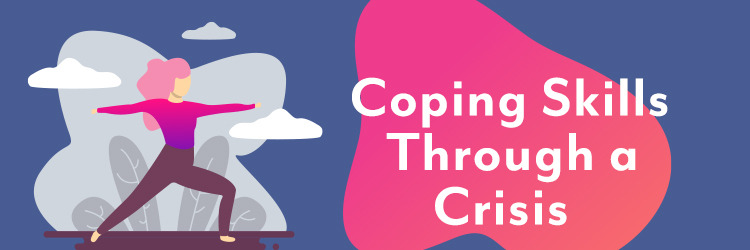[vc_row][vc_column][vc_column_text]As we at Amatus believe strongly, everyone is unique. Each person is going to have a different reaction to the current pandemic. As such, the things that help us cope will be different. Please keep that in mind as I share some things that have been useful for me. As someone in recovery who has anxiety, I have had to focus extra hard on using the tools I’ve learned. Below are a few things I’ve been doing during this crisis. [/vc_column_text][/vc_column][/vc_row][vc_row][vc_column][vc_custom_heading text=”Moving my body”][/vc_column][/vc_row][vc_row][vc_column][vc_column_text]I go for runs outside (keeping six feet between myself and other people, of course), do online yoga videos, dance in my house, whatever. I just make sure to move. Numerous studies have shown movement is effective in easing anxiety symptoms. Running outside also helps me get much-needed fresh air. Dancing also involves music, which can be meditative. And yoga combines physical activity with concentration, keeping me in the present. Yoga with Adriene is a great resource. There are tons of videos available for free on that channel—some very challenging, some much gentler, and some that also include aerobic exercise. There are also some meditations, which are incredibly helpful for anxiety.[/vc_column_text][/vc_column][/vc_row][vc_row][vc_column][vc_custom_heading text=”Getting fully immersed in something that’s not the news”][/vc_column][/vc_row][vc_row][vc_column][vc_column_text]Admittedly, I don’t always do a great job of limiting what I read about COVID-19, as is often recommended. We are being bombarded with information right now, some of it accurate and some of it not. But when I am fully distracted by something else, my mental health feels the strongest. Sometimes it’s reading a really good book, sometimes it’s practicing drums, sometimes it’s playing Tetris on my phone. This, again, will be different for everyone. Psychologists call this feeling of total immersion a “flow state”, and it’s been shown to lower stress levels. 








